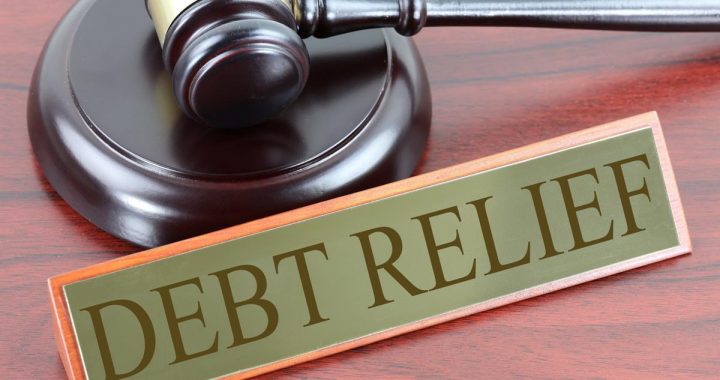Debt consolidation management, settlement, negotiation, and filing bankruptcy are all options for struggling financially and having difficulty paying down their debts. Each option has its pros and cons, and what might be the best option for one person won’t be for another.
Where do you turn when any unsecured debt, whether it’s credit cards or loans, gets out of hand? There are plenty of companies and agencies that offer free consultations to help you develop a strategy to repay those debts. A credit counseling and debt consolidation management agency with a good reputation that has been around for decades is the best place to start.
The consolidation option refers to a loan that you can try to get for paying off several unsecured debts, including all of the interest and fees they have accumulated. This way is a convenient option if your biggest problem is keeping up with all of your payments and catching up on the late ones. With a consolidation loan, you can pay everything off and then focus on just that one repayment for the loan.
While you shouldn’t use them, you still will have access to your credit cards (if the accounts are not closed) while repaying the loan. However, you should only use them in emergencies. Otherwise, you’ll risk falling into debt all over again.
One of the potential downsides is that with poor debt consolidation management, you could end up defaulting on the loan and hurt your credit score even more. Also, you’ll probably be required to have a good credit score still to be approved. Otherwise, the interest rate for the loan will make it not worth getting.
Debt Consolidation Management Types
What about other types of debt management? You can work out a plan with your debt repair company. This plan works to eliminate debt by making a monthly payment to the agency, who will then use that money to make payments in the most strategic manner possible to all parties. They will make the payments on your behalf to each creditor based on an agreed-upon schedule. Unlike a consolidation loan, your credit score is not a qualifying criterion.
There are downsides to this kind of management plan. For instance, you will need to close all of your accounts (which may be a good thing) and make payments to the agency on time. If you do not, the creditors’ interest rates will increase again. Any fees that you could eliminate will remain.
Learn more about debt consolidation management, settlement, and all of the other options by getting an estimate and consultation from CuraDebt. This agency has been around since 2000 and has helped over 200,000 people in financial peril since.
